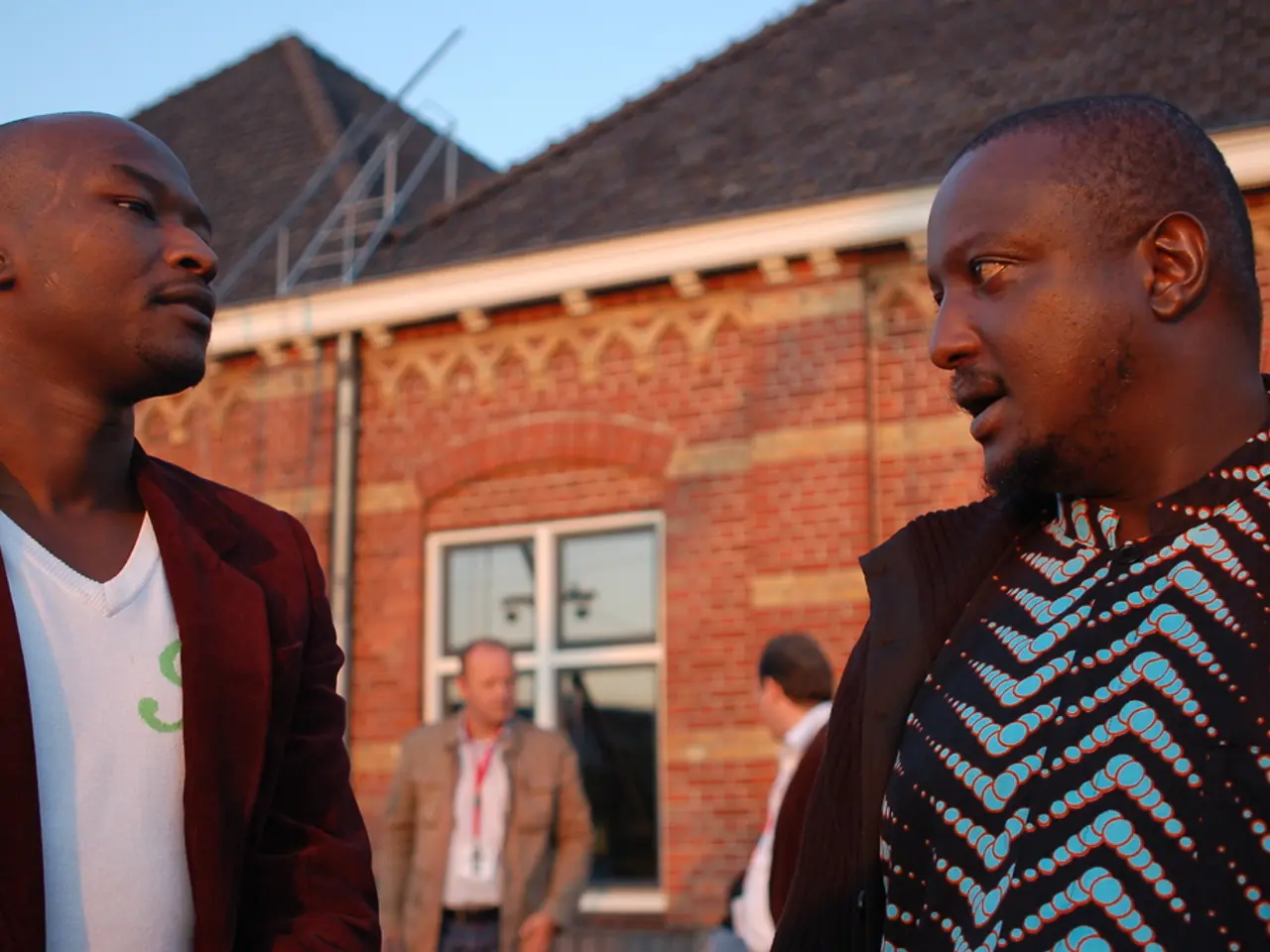Half of Africa's population is outweighed in wealth by just four individuals of African descent.
A new report by humanitarian organisation Oxfam has shed light on the growing wealth inequality in Africa, with more than half of the world's 50 countries with the highest inequality being located on the continent. The report highlights a concerning trend of governments in African countries with high levels of inequality not taking sufficient action to address poverty.
According to the report, Africa's four richest billionaires in 2025 are Aliko Dangote, Johann Rupert and family, Nicky Oppenheimer and family, and Natie Kirsh.
Aliko Dangote, Nigeria's wealthiest individual, remains Africa's richest person for the 14th consecutive year with an estimated net worth of $23.9 billion. His wealth has grown significantly due to the operational launch of the massive Dangote Refinery near Lagos, a project that is pivotal for Nigeria's transition from fuel importer to exporter and is Africa's largest refinery.
Johann Rupert and family, luxury goods magnates from South Africa, hold the position of Africa's second-richest billionaires with a net worth of about $14 billion. Their wealth has grown by approximately 39% mainly due to a rebound in Richemont shares, the luxury group they control, which owns prestigious brands like Cartier.
Nicky Oppenheimer and family, former diamond heirs from South Africa, have an estimated net worth of $9.4 billion. Although they sold their 40% stake in De Beers over a decade ago, their wealth remains substantial, reflecting their legacy in the diamond industry.
Natie Kirsh, a top contender with rising wealth, has a net worth of $10.4 billion, largely due to significant gains in business sectors like building materials and chemicals in Southern Africa.
Overall, Africa's billionaires have experienced a surge in wealth, with combined fortunes increasing from $82.4 billion last year to a record $105 billion in 2025. This growth is largely driven by investments in industrial infrastructure, luxury goods, and natural resources, highlighting dynamic shifts in African economies.
However, the report by Oxfam indicates that wealth is not effectively taxed in many African countries to combat poverty, and the continuing increase in inequality is a barrier to democracy. Criticism is growing due to increasing inequality in Africa, with the report suggesting that the governments of African countries with high inequality are allowing the rich to enrich themselves while neglecting the poor.
In South Africa, one of the African countries with a high level of inequality, Aliko Dangote, the richest man in Africa, is named in the Oxfam report. The wealth of the four richest Africans is growing rapidly, with a combined wealth of $57.4 billion (around €49 billion).
The report reveals that inequality is rising in Africa, with the wealth of African billionaires increasing by 56 percent in the past five years. This wealth is more than the total wealth of 750 million people, or half of the population of Africa. Governments in African countries with high inequality are not addressing the needs of the poor, leading to growing criticism and concerns for democracy in Africa.
- The community policy should address the rising wealth inequality in Africa, particularly focusing on small and medium-sized undertakings and personal-finance, as the economic growth of African billionaires, such as Aliko Dangote, has been significantly higher than the average, with the wealth of the four richest Africans growing by 56% in the past five years.
- Inadequate wealth management practices, specifically in taxation, are a concern in many African countries, such as South Africa, where the wealth of the richest individuals, including Aliko Dangote, is not effectively utilized to combat poverty, thereby limiting the progress of business and finance sectors for the general population.




